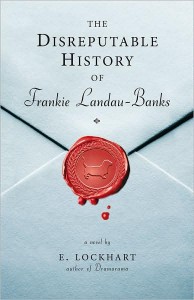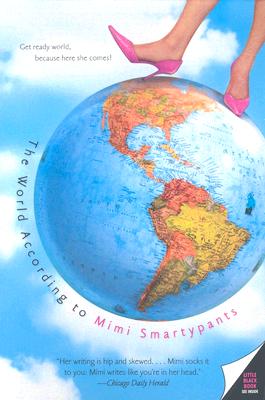Banned Books Week = An Act of Censorship? Say what?
by Celeste Ng
It’s currently Banned Books Week, an event sponsored by the American Library Association (ALA), the American Booksellers Association, and other book- and writing-related organizations. The purpose, according to the ALA website, is “highlighting the benefits of free and open access to information while drawing attention to the harms of censorship by spotlighting actual or attempted bannings of books across the United States.” To celebrate Banned Books Week, The Wall Street Journal published an op-ed piece by Mitchell Muncy entitled “Finding Censorship Where There Is None,” which asserts that Banned Books Week is, basically, a time for overzealous First-Amendment freaks to […]



























